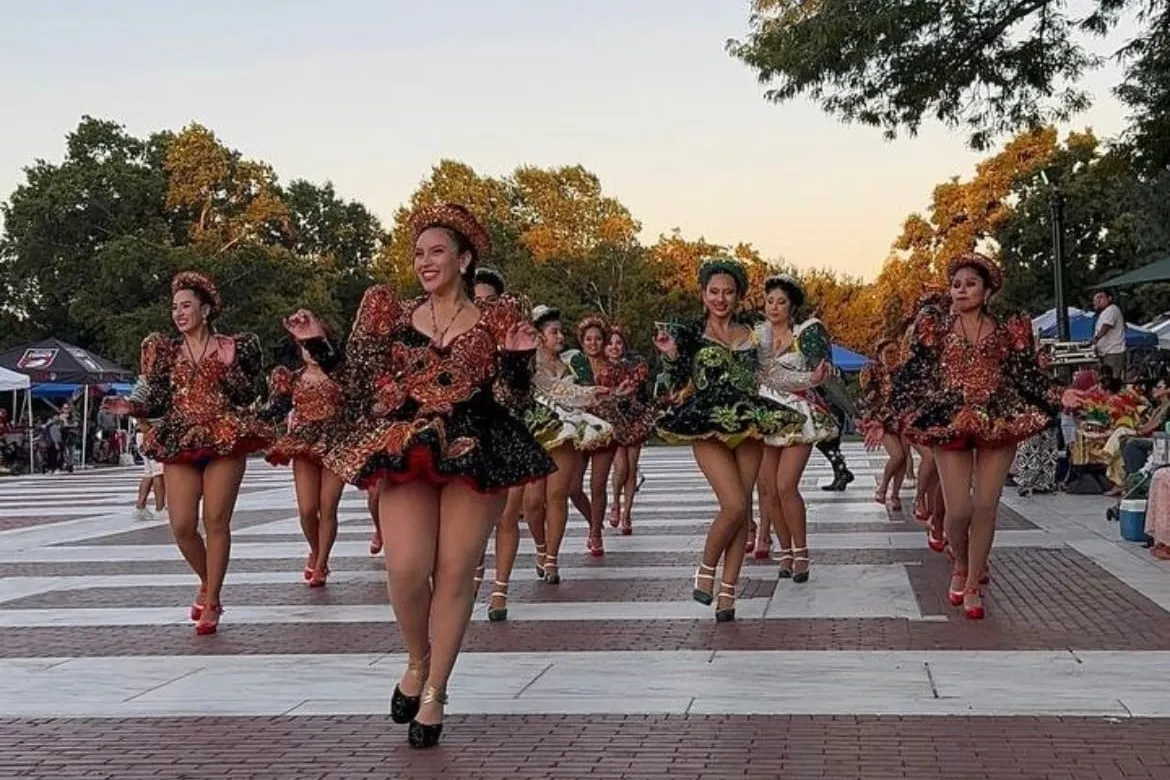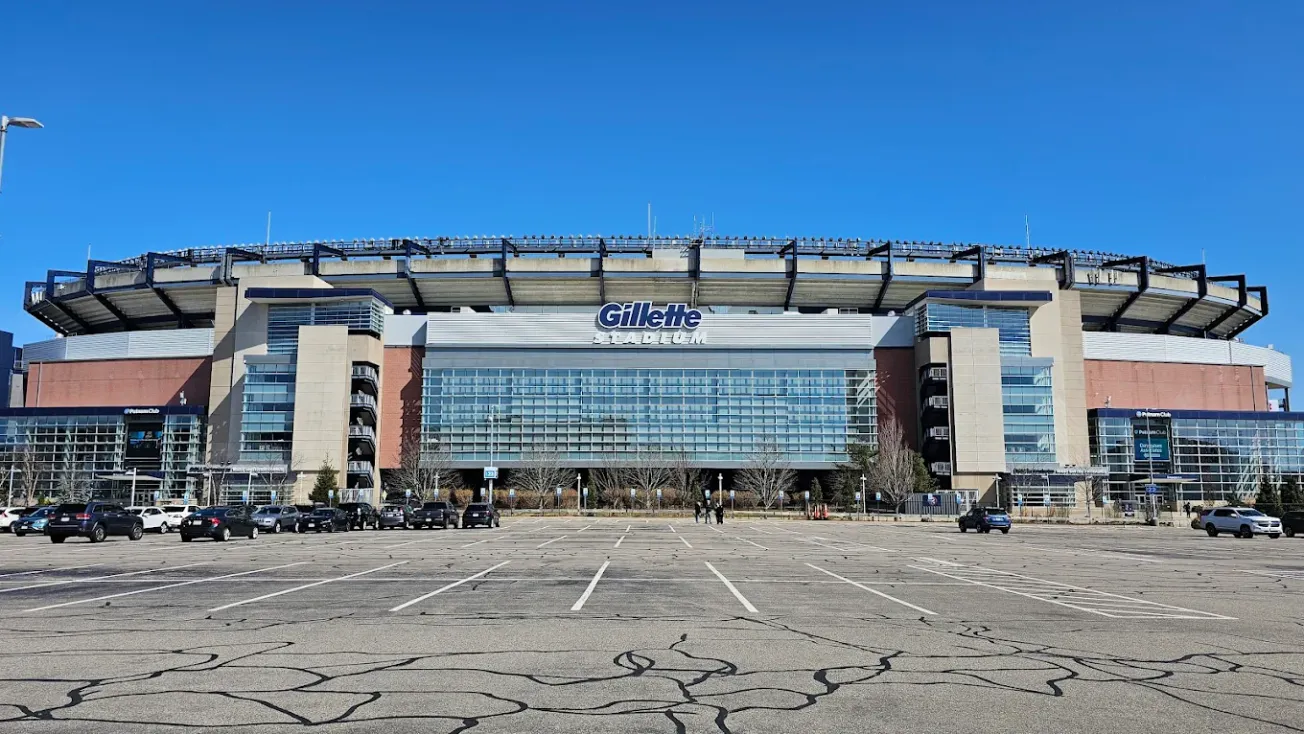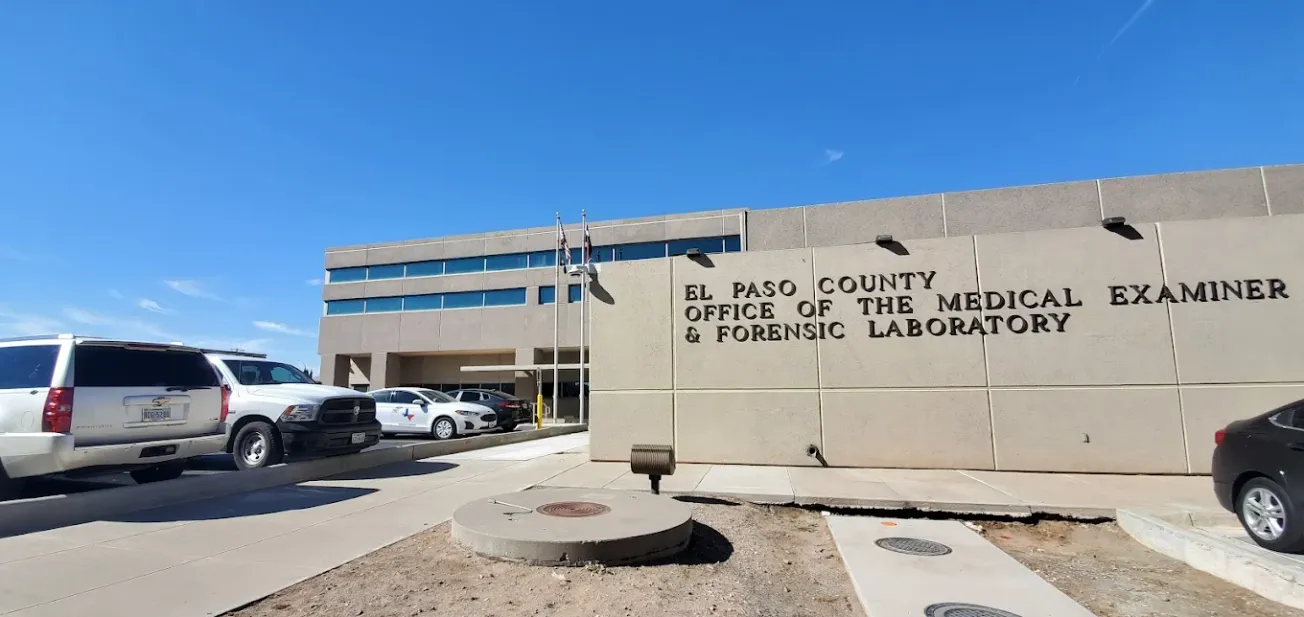BY NADIA QASMIEH / PHOTOS BY MELISA OSTROW
Skater girls, surfer chicks, and cheerleaders decorate the edges of Shanika Acosta’s photo album. In one picture, Acosta wraps her arm around Julia Reyes’ shoulder. Reyes’ face is smothered in blue icing from her 14th birthday cake. Her cheeks are puffed, holding back a burst of laughter.
Side by side, Acosta and Reyes look like sisters or best friends. But this photo, taken in 2004, actually reveals an adoptive mother and her daughter. Only seven years apart.
Acosta, now 26, stands behind the reception counter at one of Boston’s hotels. Her thick, tight curls are straightened back in a pony tail. Her light blue silk collared shirt peeks under a striped black suit jacket. She greets guests and smiles as she hands them their keys and warm complementary cookies.
Acosta was a foster child, and even though life wasn’t always this comfortable, she was determined to finish high school and secure a good job. What she didn’t expect was being called «Mom» at 16. Acosta was one of the youngest, unmarried women in Chelsea to adopt a child. She got legal custody of her Reyes at 21, but she became a mother-figure the day they met.
During her break at work, Acosta flips through the photos. Birthday pictures trigger memoriesof when she saw Reyes for the first time in 2000. The occasion: Reyes’ 10th birthday. The location: Acosta’s godmother’s foster home.
But it wasn’t a birthday party. It was when Acosta, an abused child herself, started helping Reyes cope with her own abusive past.
«If I could change someone’s life and provide a better one than the one I had,» Acosta says, «I sure did.»
Born in the Bronx, Acosta grew up without a sense of security. She passively tagged along as her mother and stepfather traveled back and forth to Puerto Rico, and moved to Florida, Philadelphia, Connecticut, and Massachusetts.
«My mother always thought, ‘Oh, in this state, things would be better economically’. But they weren’t,» Acosta says through a faint Spanish accent. «She really never knew how to stay still.»
Acosta felt neglected as her mother scrambled to find her next destination. She also witnessed and endured her stepfather’s abuse.
«He would call my mother names like, ‘Puta, tu no vales na.’ Meaning, ‘Bitch, you ain’t worth anything,'» says Acosta. «One time, he called for me and I took long in responding. Next thing you know, I had my mouth slap with a leather slipper and my lip broken.»
At 13, Acosta asked her mother to leave her behind.
«I used to look up and say ‘God, you are my shaper. Please don’t let me down. I am a good girl and I am looking for a brighter future,'» Acosta says.
Before moving back to Puerto Rico, her mother wrote a letter to the City Hall of Chelsea, where they lived at the time, stating that she was going to leave Acosta in the custody of the Department of Social Services (DSS). Acosta’s godmother was a foster parent and decided to take her in.
«I left my mom to have some peace, to settle in the way that I wanted, to have a pl





